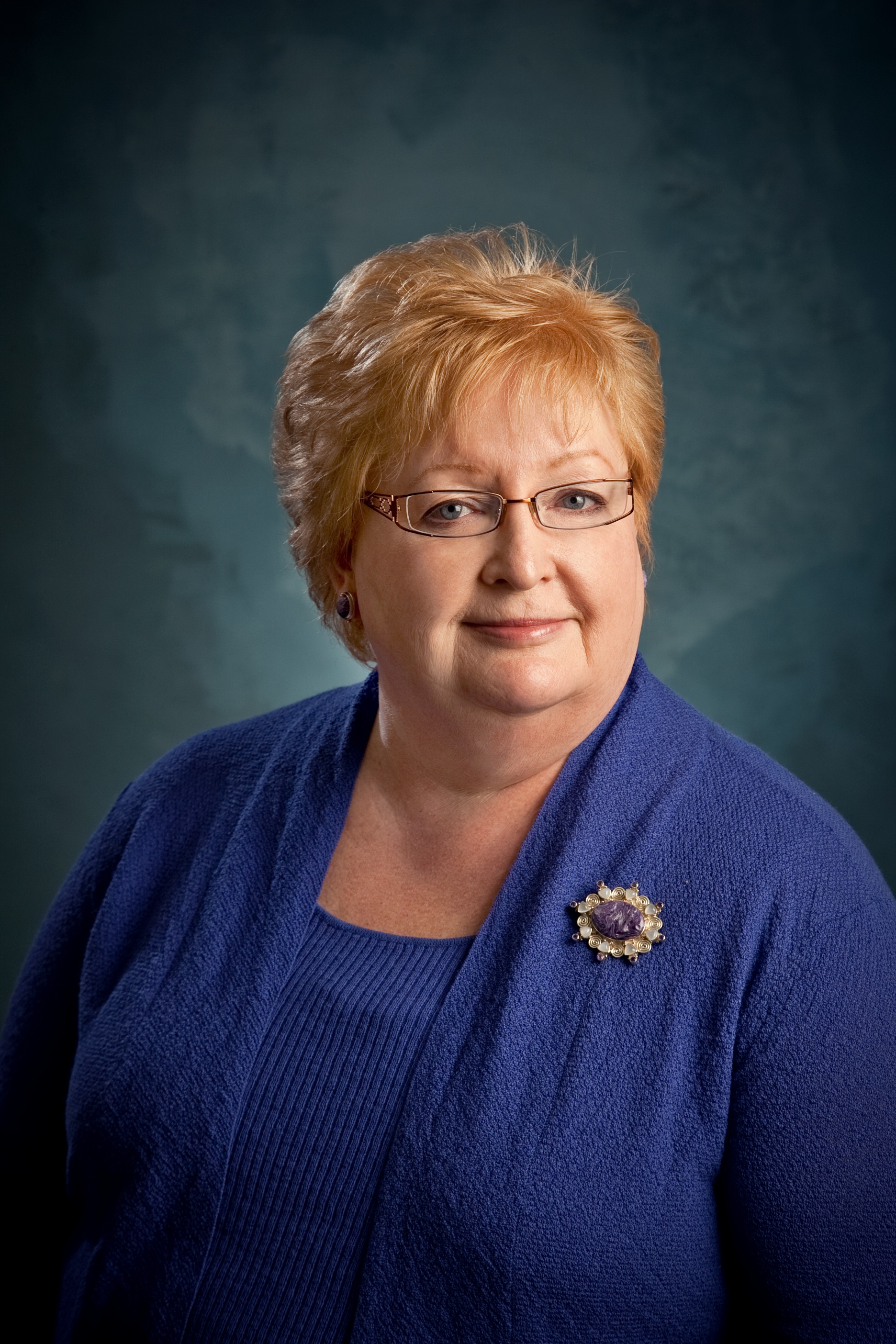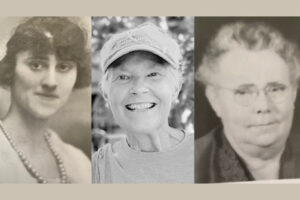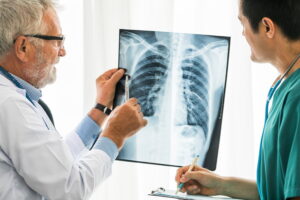It’s October and breast cancer awareness is all the buzz. We see bright pink on signs, on buildings and even on big guys playing pro football. Let’s think beyond pink, and start increasing our knowledge about breast cancer and protecting our own health.
It seems every day another celebrity announces she has breast cancer and we are given the story of her treatment, or we have another friend or acquaintance who has the disease. There’s almost a sense of inevitability about breast cancer! It is the most common cancer that women face in their lifetime; about 1 in 8 (13%) of women will develop breast cancer.
So, what should we be aware of?
Your family
“Nobody in my family has had breast cancer, so I’m safe, right?”
Right, you should feel safe! Remember, 7 out of 8 women do not develop breast cancer. Most breast lumps, especially in women under the age of 50 are not cancer. Similarly, most breast abnormalities found on mammogram or ultrasound are not cancer.
Or…
“My great-aunt had breast cancer, so I’m probably going to get it!”
Wrong! A single relative with breast cancer more than one generation in the past does not increase your risk of breast cancer. Most women won’t have an increased risk due to their family history, but it’s worthwhile to know that history. If your mother, father, sister or aunt and multiple cousins have had breast cancer, your risk is increased from 13% to about 20%.
You should begin mammograms when you are five years younger than the age at which your relative developed breast cancer. Some families have “the breast cancer gene”- BRCA1 or BRCA2 – that causes breast cancer in 50% of women who have the gene. Other families may not have the BRCA 1 or 2 gene, but generations of female or male relatives have had breast cancers for as long as anyone remembers. Women from BRCA families and the other families should have breast exams starting at puberty.
No matter how high or low your risk is, the best way to prevent breast cancer is by taking preventive measures to ensure early detection. Annual mammograms are very important, so make sure to start at age 40; or earlier if indicated. Ultrasound, 3D mammography and sometimes MRI exams are helpful in women with dense breasts.
If you are concerned about a lump you have found, have it checked. Be persistent. Be safe.
Your own health
Are you taking charge of your health? Increased risk of breast cancer is linked to cervical, ovarian and colon cancer. Are you getting your exams? Being overweight and lack of exercise also increase your risk. Smoking is not directly implicated in the formation of breast cancer, but it causes breast abscesses that are painful and disfiguring. You may want to try an online breast cancer risk assessment that takes into account your health and lifestyle factors: www.brightpink.org.
Your choices
Much of breast cancer awareness is about getting a mammogram, because breast cancer is not a life-threatening or disfiguring problem when a cancer is found early. That is why early detection is key.
Get your annual mammogram beginning at age 40, or earlier if indicated. Get an exam if you are concerned about a lump that you’ve found. Insist that your primary care provider or OB/GYN does a breast exam as part of your routine exam. Encourage other women to get their exams. Finally, learn about breast cancer to protect yourself and your family.
Questions?
For information on mammograms and Bryan Healthj’s breast care offerings, please visit our website.

Carolyn S. Cody, MD
Health Expert
Carolyn S. Cody, MD, is a Breast and General Surgeon with the Bryan Physician Network.









